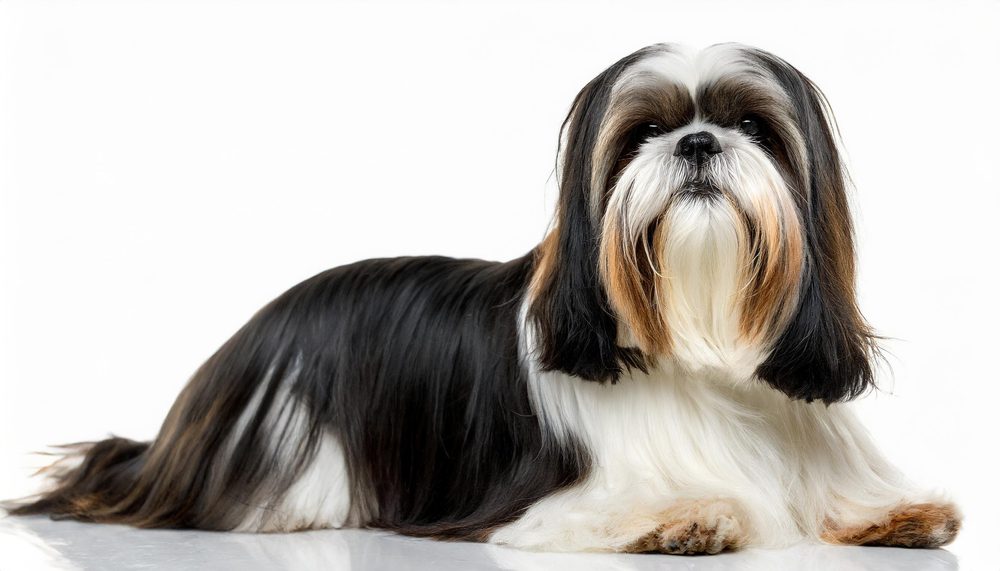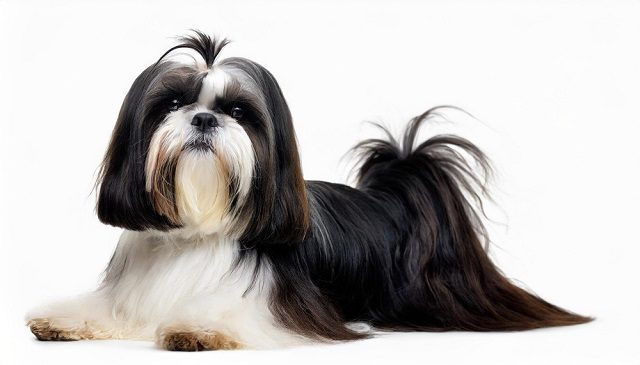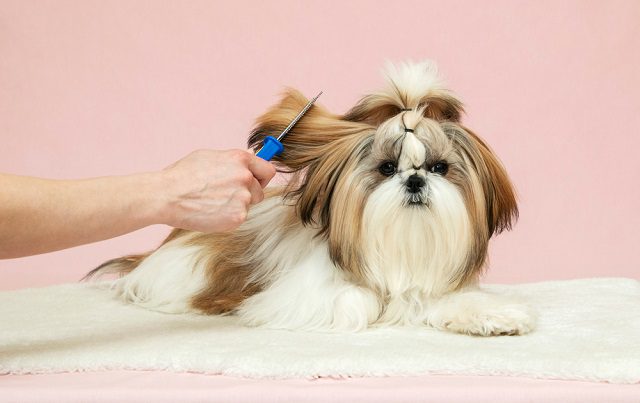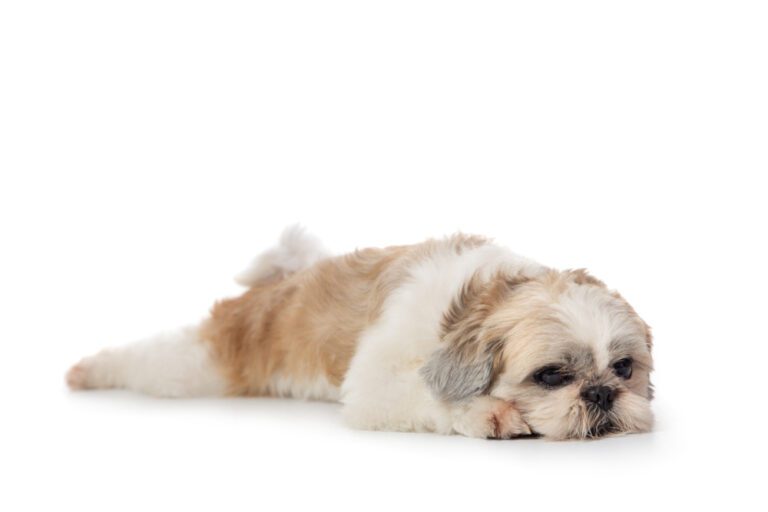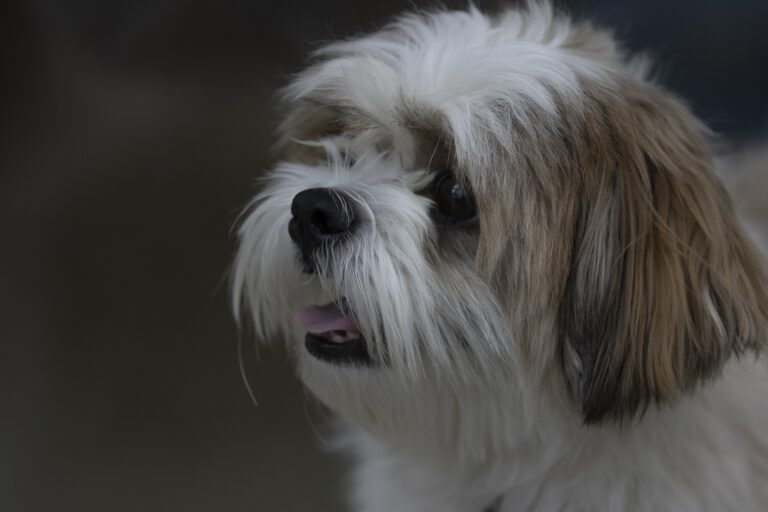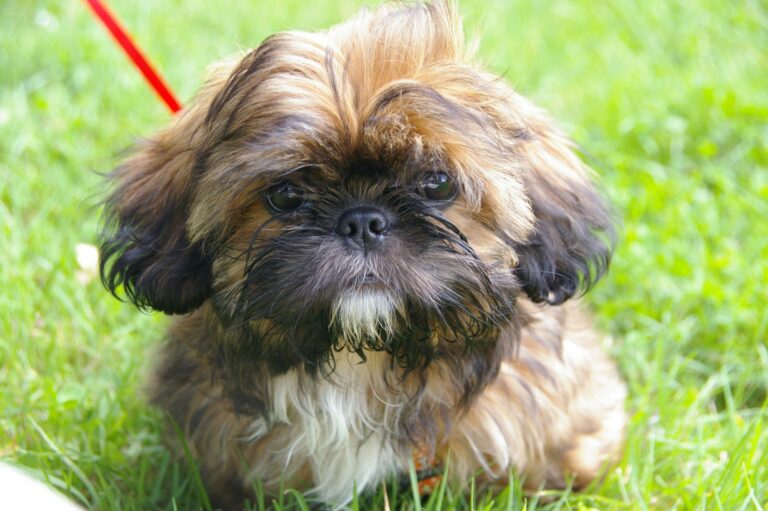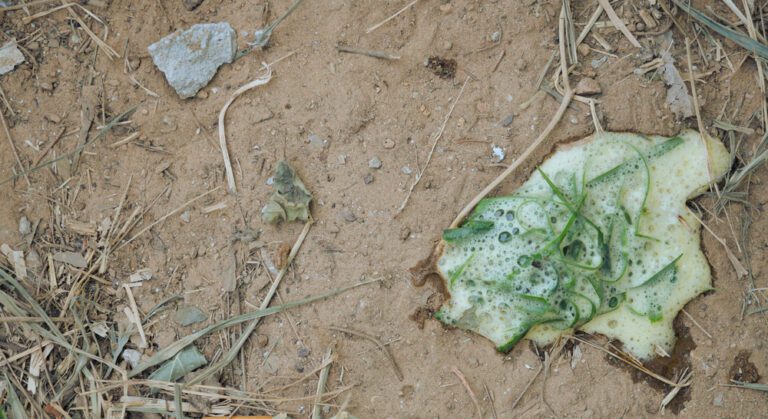No Moshtach? No Problem for Shih Tzus!
Imagine your adorable Shih Tzu puppy smiling up at you without that typical mustache (or Moshtach) we often see on them. Does it look different? Maybe a bit. But here’s a secret: your Shih Tzu doesn’t need that Moshtach to be happy, healthy, or loved! Having a Shih Tzu without this furry feature can make some things much easier for both of you.
This article will explore what it means for a Shih Tzu to be without a Moshtach. We’ll dive into the benefits and the best ways to care for them and answer some common questions you might have. Whether you’re considering getting a Shih Tzu or already have one without a Moshtach, this article will help you understand why it’s no problem! So, let’s start our journey into the world of these charming, mustache-free companions.
What Does ‘No Moshtach’ Mean for Shih Tzus?
Understanding ‘Moshtach’
The term ‘Moshtach’ in Shih Tzus describes the iconic, mustache-like fur around their snout, contributing significantly to their recognizable and endearing appearance. This feature, resembling a mustache, typically frames their face and adds to their expressive, teddy bear-like visage.
Physiological Aspects
There are some practical differences between Shih Tzus and those who don’t sport a Moshtach. The absence of this thick facial fur simplifies grooming, especially around the sensitive areas of the face, which can quickly become irritated by long hair. Not having a Moshtach doesn’t affect a Shih Tzu’s health or essential functions; their ability to see, smell, and eat remains fully intact, ensuring they lead a happy, healthy life.
Aesthetic Considerations
From an aesthetic viewpoint, Shih Tzus without a Moshtach may look different from those typically seen at dog shows or in various media. They tend to have a cleaner, more straightforward facial appearance, which might appeal to owners looking for a pet with a low-maintenance look. This distinctive appearance does not affect their lovable nature; it gives them a unique charm without the usual furry embellishments.
This insight into the role and impact of a Moshtach—or the lack thereof—helps us appreciate that their facial hair does not measure these dogs’ value and affection but rather their beautiful personalities and companionship.
The Benefits of a Moshtach-Free Shih Tzu
Simplified Grooming Routines
Owning a Moshtach-free Shih Tzu significantly simplifies the grooming process. Routine grooming becomes a quicker, less complicated task with less facial hair to manage. Owners can more easily keep their Shih Tzu’s face clean and neat, enhancing comfort and reducing the stress associated with grooming for both the dog and the handler. This is particularly advantageous for first-time Shih Tzu owners unfamiliar with the extensive grooming needs of more traditional, hairier breeds. A simplified grooming routine allows for more time spent playing and enjoying the company of this affectionate breed rather than managing their fur.
Enhanced Comfort and Reduced Health Risks
The absence of a Moshtach on a Shih Tzu also enhances the dog’s physical comfort. Long facial hair, typical of the breed, can trap various irritants, including dirt, pollen, and food residues. These can lead to skin irritations or infections around the sensitive areas of the face. Moshtach-free Shih Tzus are less prone to these issues, as there is less hair to harbor potential irritants. This can lead to a healthier skin condition and a happier, more comfortable dog.
Moreover, the reduced facial hair minimizes the risk of eye irritations and infections. Dogs with long hair around their eyes often suffer from discomfort due to hairs poking the eye or blocking the vision, which can lead to more severe eye conditions if not properly managed. By having less hair in this region, Moshtach-free Shih Tzus faces fewer risks of developing such complications, potentially lowering the frequency and cost of vet visits for eye issues.
Overall Health Benefits
The broader health implications for a Moshtach-free Shih Tzu extend beyond fewer skin and eye issues. The cleaner facial area prevents moisture accumulation, a common breeding ground for bacteria and yeast. These organisms can cause severe infections and discomfort, which are much less of a concern in Shih Tzus with minimal facial hair. Additionally, these dogs may benefit from better hygiene overall, contributing to a more robust general health and well-being.
Embracing a Moshtach-free Shih Tzu makes daily care easier and contributes positively to the pet’s health and happiness. For owners looking for a loving companion with fewer grooming demands and health concerns, a Shih Tzu without a Moshtach could be an ideal choice.
Tips for Training and Socializing Shih Tzus Lacking Moshtach
Behavioral and Social Dynamics
Shih Tzus are naturally affectionate and friendly, regardless of whether they have a Moshtach. The absence of this facial feature does not inherently affect their behavior or ability to interact with humans or other animals. However, the unique appearance of a Moshtach-free Shih Tzu might draw different reactions in social environments, particularly from people or other dogs who notice their distinctive look. Understanding and managing these reactions early can help prevent negative impacts on your dog’s social experiences.
Training Strategies for Moshtach-Free Shih Tzus
- Leverage Positive Reinforcement: Employ treats, verbal praise, and physical affection as rewards for positive behaviors. This approach reinforces good behavior and makes training sessions something your Shih Tzu looks forward to, facilitating faster learning and more profound bond formation.
- Consistency Across Training: Use clear and consistent commands and maintain a regular training schedule. Consistency helps build a reliable framework for your Shih Tzu to understand and follow, making training more effective and reducing confusion.
- Early and Diverse Socialization: Start exposing your Shih Tzu to various people, animals, and environments at a young age. Such exposure is crucial for developing a well-rounded dog. It helps them adapt to situations confidently and quickly, minimizing anxiety in new environments.
- Gentle Training Techniques: Given their small stature and sensitivity, Shih Tzus must be handled gently during training. Avoid harsh training methods; instead, focus on encouraging and guiding them. This ensures they remain enthusiastic and cooperative learners.
- Interactive and Engaging Training: Incorporate play into learning to keep your Shih Tzu engaged. This method is particularly effective with Shih Tzus, as it taps into their playful nature and enhances the learning experience. Games that involve fetching or searching for hidden treats can also promote physical activity and mental stimulation.
Effective Socialization Techniques
- Routine Dog Interactions: Regularly arrange playdates or visits to dog parks to facilitate interactions with other dogs. This helps your Shih Tzu learn appropriate social behaviors and assists in developing communication skills with their canine peers.
- Frequent Human Contact: Introduce your Shih Tzu to new people regularly to help them get comfortable around strangers. Controlled, positive introductions help them build trust and reduce potential nervousness around unfamiliar faces.
- Acclimation to Various Settings: Bring your Shih Tzu to different environments, such as neighborhoods, pet-friendly stores, and busy parks. The more varied their experiences, the better they can handle changes and new challenges without stress or fear.
Implementing these training and socialization strategies will help ensure that your Moshtach-free Shih Tzu develops into a well-adjusted, friendly pet. This preparation will enable them to navigate various social interactions smoothly, ensuring they lead a happy and fulfilling life.
Conclusion
This article explores the unique benefits and care considerations for Shih Tzus without a Moshtach. These dogs offer notable advantages, from easier grooming and maintenance to fewer health issues with facial irritations and eye infections. Despite lacking the traditional Moshtach, they don’t fall short in their ability to bond and socialize, making them equally lovable companions. As owners, embracing and celebrating the uniqueness of your Moshtach-free Shih Tzu is vital. Their distinct personality and charm can enrich your relationship, ensuring a fulfilling and joyful life together. Embrace the simplicity and special qualities your unique pet brings into your life.
FAQ,s
What is a Moshtach on a Shih Tzu?
A Moshtach refers to the mustache-like fur around the snout of a Shih Tzu, commonly seen as one of the breed’s distinct facial features.
Does a lack of a Moshtach affect Shih Tzu’s health?
Not having a Moshtach does not impact a Shih Tzu’s health. Their sensory abilities and general health remain unaffected, though they may experience fewer skin irritations around the face due to less fur trapping dirt and moisture.
How should I groom a Shih Tzu without a Moshtach?
Grooming a Shih Tzu without a Moshtach involves regular brushing and bathing, focusing on keeping their coat clean and tangle-free. Particular attention should be given to cleaning the facial area since it requires less maintenance without the dense fur.
Will my Shih Tzu without a Moshtach socialize differently?
Shih Tzus, regardless of facial fur, are typically friendly and affectionate. The lack of a Moshtach won’t affect their ability to interact with humans or other animals, though their unique appearance might draw curiosity in social settings.
What are the advantages of having a Shih Tzu without a Moshtach?
Advantages include easier facial grooming, potentially fewer facial health issues like skin irritations and eye infections, and a cleaner appearance that may appeal to those seeking a low-maintenance pet.

